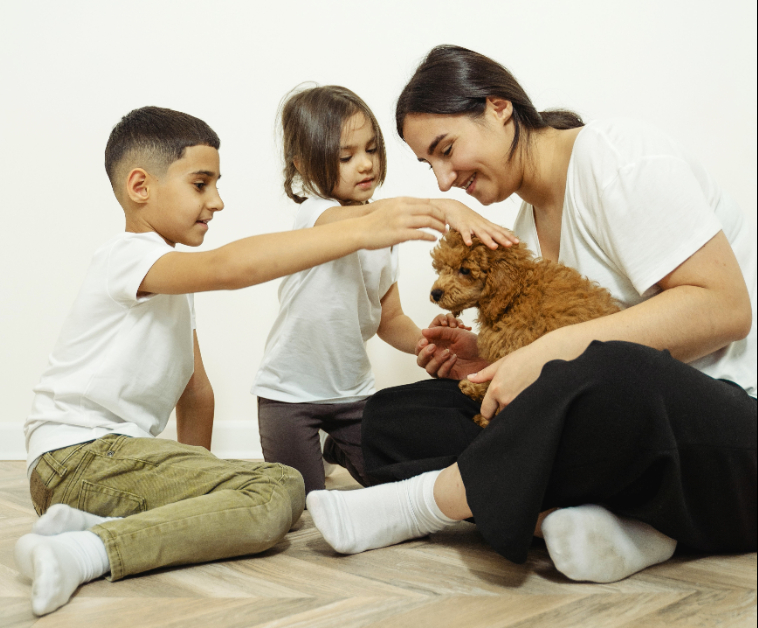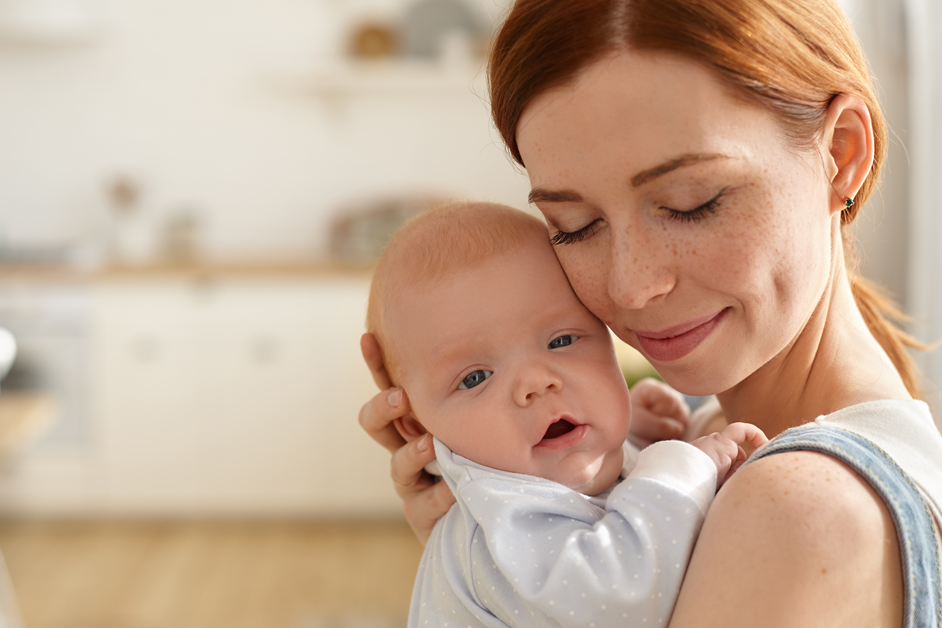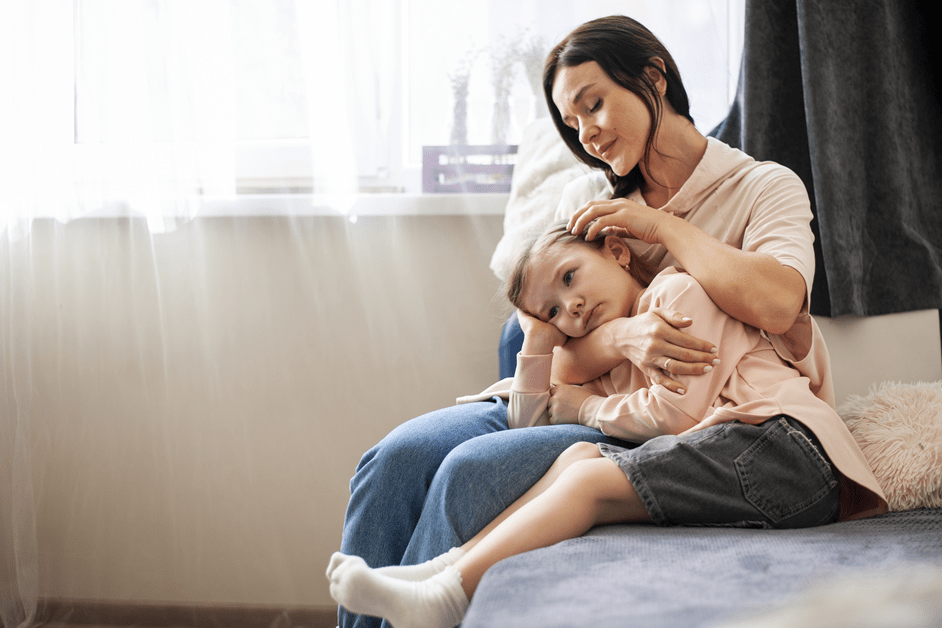Children adore pets for the simple reason that they can be 'just' themselves, with no rules, expectations, or outcomes, but only love and natural awe. After all, pets provide a unique type of companionship that children intuitively understand they won't be able to find anywhere else. Animals not only love unconditionally, but they are also always willing to listen without judgment.
While pets provide numerous benefits to children, children also have much to offer to the pets in your family. Both of them benefit from high-energy play as well as having a cuddle buddy during nap time.
Here are seven interesting reasons why pets are good for your kids.
1. Pets encourage nurturing and unconditional love
Pets do not pass moral judgment on children; they simply give love and affection regardless of the child's mood or recent behavior, provided no negative behavior has been directed towards the animal. When children are sad or down, they often find comfort in animals because the pet is always there to 'listen to' and 'accept' their problems, which adults may not.2. Pets teach empathy and responsibility
Tasks such as walking the dog or helping in bathing the pet teach children to be responsible, as well as give them a sense of achievement. Caring for a pet entails taking on all of its responsibilities. These responsibilities help children understand the worth of life. Furthermore, studies have shown that children who grew up with pets are more empathetic. This occurs as a result of their compassion for their pet's needs and, more importantly, fears. As a result, they develop into individuals who are kind and friendly.
3. Pets help in communication
Growing up with a pet can help children learn the language faster and improve their verbal abilities. Children don't just play with their pets; they communicate with them using both verbal and nonverbal cues. In addition, communicating with pets helps children battling stammers.
4. Pets teach patience and self-control
Animals aren't always the way we expect them to be. They can become overly excited and jump/bark excessively, slobber, claw, bite/peck, or destroy your personal belongings. Learning to deal with these situations teaches a child patience. Teaching children to be patient with an animal, even when it is frustrating, teaches them self-control. Children will learn that a soft but firm voice and careful, considerate actions have a far greater impact than yelling, hitting, or throwing a tantrum.
5. Pets help in reducing stress
Life, especially for children, can be stressful. They are often dealing with a lot, including academic challenges, friendship struggles, and even pressures to succeed. A pet, on the other hand, can be a great stress reliever. Aside from the love and companionship they provide instinctively, there are physiological changes that occur within a child when they play with their pet.
Interacting with a pet has been shown to lower the stress hormone cortisol while increasing the release of dopamine and oxytocin, both of which are anti-stress or feel-good hormones, particularly oxytocin. A stroking or patting motion has a therapeutic impact on a child, triggering this natural reaction. This could have a significantly positive impact on a child’s mental strength over time.
6. Pets reduce loneliness
Pets are often built-in friends, they never hurt your child's feelings, and never exclude or ignore them. As a result, having a pet can help relieve loneliness, especially for children who struggle to make friends.
Especially during this time of increased social and physical isolation for many people around the world, pets not only provide companionship and friendship, but they can also serve as confidantes for kids who don't have anyone else to talk to. In fact, these furry friends are the best kind.
7. Pets enhance reading skills
Learning to read is not an easy task, especially for reluctant readers. When they are asked to read they are concerned with everything from identifying letters and sounds to correctly pronouncing words. On the other hand, asking a child to read to a pet alleviates some of the stress and anxiety.
Furthermore, children enjoy reading to their pets because it does not feel like work. They will show them the pictures from the book and discuss the story with them, and look forward to reading to them.
Of course, having a pet provides excellent learning opportunities. It's easy for kids to get wrapped up in the idea of owning a new pet, but it's up to their parents to make sure the experience is a positive one and that the pets receive the care they need.






.jpg?alt=media&token=166b64a9-274c-400c-95e4-baf0013e7e43)
